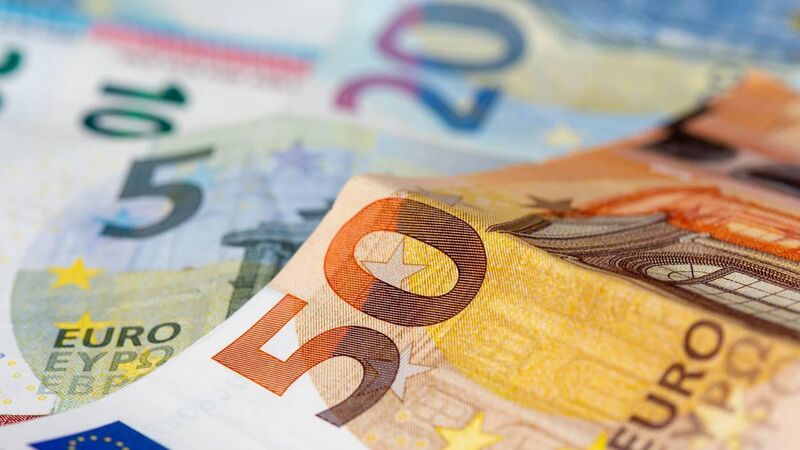Irish saving rate rises to more than 14% despite rising prices

Income also rose, due to increased income from work, but also higher investment income on households' €500bn in financial assets.
Household savings rose significantly last year, increasing to €25bn, latest figures from the Central Statistics Office (CSO) shows.
Releasing its Institutional Sector Accounts Non-Financial statistics for the final three months of 2024, the CSO said total savings rose from just €23bn in the previous year.











